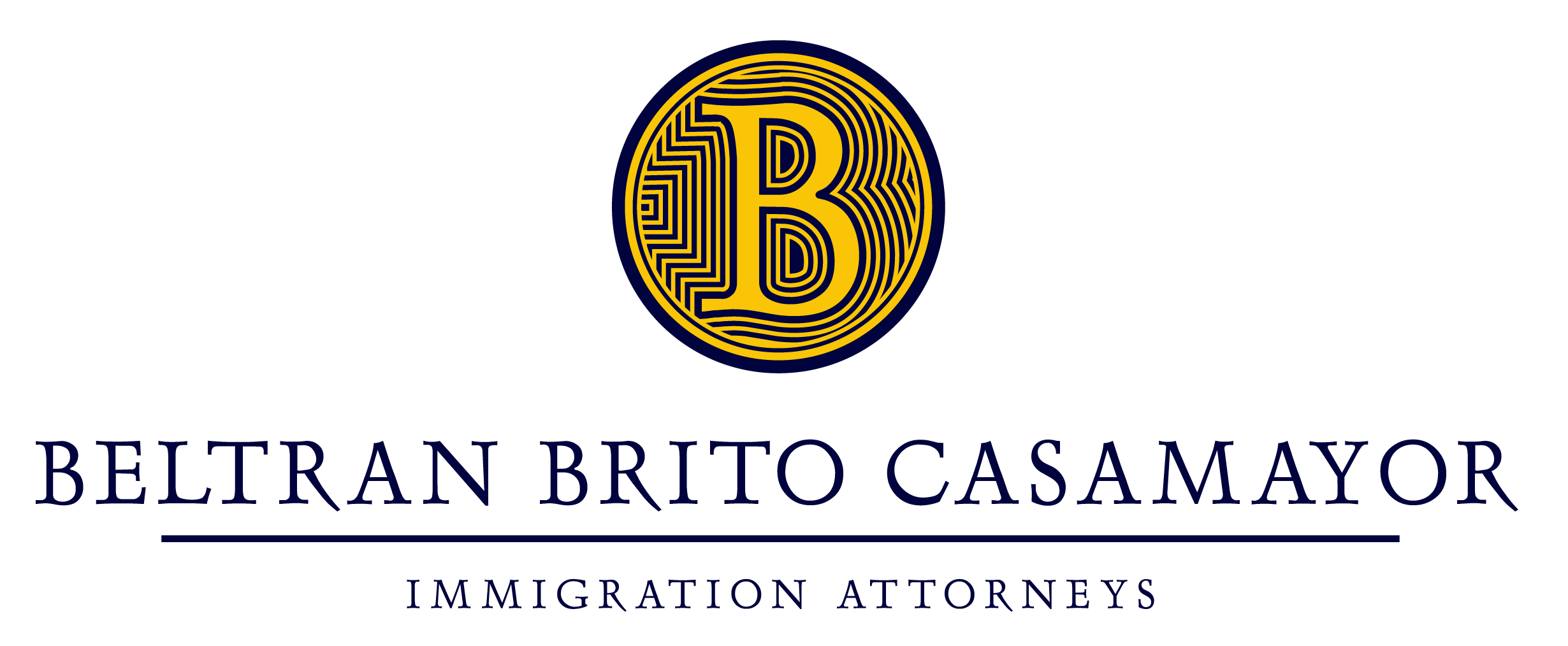 Terrorism has shocked millions of people all over the world. It is also the reason why governments have adopted stricter immigration policies.
Terrorism has shocked millions of people all over the world. It is also the reason why governments have adopted stricter immigration policies.
For example, currently, in the United States, people who have visited or live in Iran, Iraq, Sudan or Syria since March 1st, 2011 or people who have the nationality of any of these countries, may not enter the United States through the Visa Waiver program (VWP). This provision is established in the Secure Travel and Counterterrorism Partnership Act (2015). Only the citizens who have been in these countries for diplomatic or military reasons will be exempt from following this law.
Although they cannot benefit from the VWP, they may enter the United States as long as they have previously applied for a visa at the embassies or consulates of the United States in their hometowns.
In the same way, all travelers that got the approval from the Electronic System for Travel Authorization (ESTA) and who are nationals of any of these four countries will have their travel permits  revoked.
revoked.
It is worth noting that the embassies and consulates of the United States are prepared to issue urgent visas, especially for people who must travel for humanitarian reasons or business reasons.
Under the new law, the secretary of the Department of Homeland Security (DHS) has the authority to make exceptions, especially in the cases of people who have traveled to the questioned countries in order to represent an international organization, a State, an NGO, a newspaper or a company. However, each case is analyzed in detail.
Even if a traveler is notified that he or she is not eligible to travel under the VWP, he or she still has the opportunity to visit the United States with a valid nonimmigrant visa issued by a U.S. embassy or consulate.
